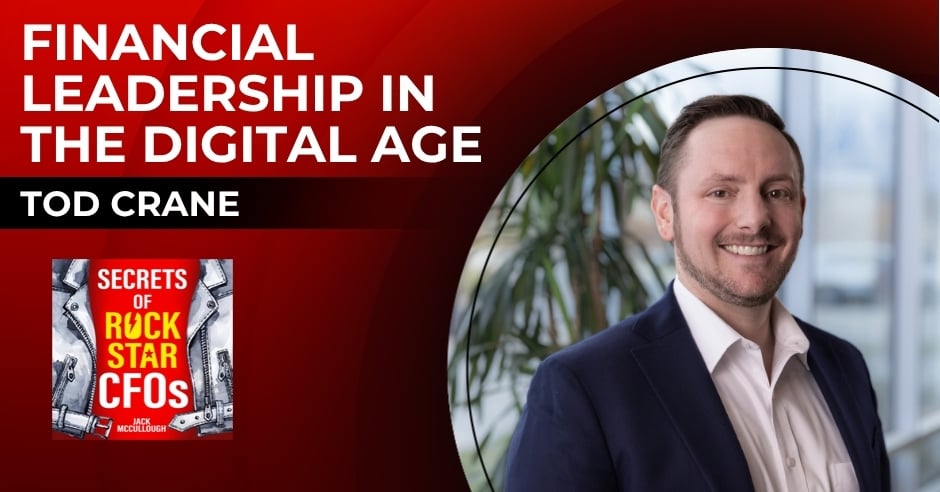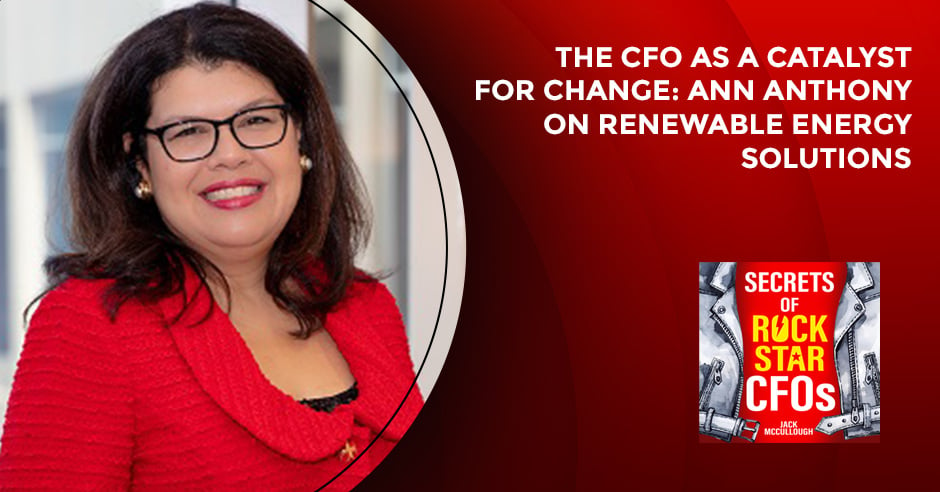More and more CFOs are being tapped for the CEO role. According to a study of indexes such as the S&P 500, FTSE 100 and Euronext 100, 34 percent of outgoing CFOs in 2024 moved into a president or CEO role—a notable increase from 20 percent in 2023. Furthermore, about 15 percent of CFOs moved into a divisional CEO role, up from 11 percent in 2023.
Several factors are driving this shift, most notably the nature of the CFO role itself. Modern CFOs are deeply involved in technology decisions, growth strategies, risk management and operational oversight—all skills that translate well to CEO responsibilities.
For finance chiefs looking to move into the CEO role, there are five essential things to keep in mind:
When a CFO becomes CEO, it tends to be an internal promotion.
In 2024, 59 percent of new Russell 3000 CEOs and 77 percent of S&P 500 CEOs were promoted from within, according to research by The Conference Board. Especially during times of economic volatility, companies tend to prioritize continuity and institutional knowledge. CFOs looking to be promoted internally can bolster their résumé by being open to interim internal promotions, waypoints and even dual roles to gain experience across the organization.
Board and peer relationships are pivotal for both promotions and eventual success.
Face time matters: work on developing personal connections with the board of directors and other decision makers by prioritizing regular office presence and site visits. This is also the time to demonstrate some of the soft skills that stakeholders look for, such as emotional intelligence, strong communication and problem-solving skills.
An Ivy League degree is not a requirement. An advanced degree likely is.
Research by global leadership advisory firm Heidrick & Struggles shows that the percentage of CEOs with an advanced degree has increased from 58 percent to 65 percent between 2019 and 2025. The share of global CEOs with an MBA specifically has increased by 4 percent to 33 percent in 2025, with 50 percent of Fortune 100 CEOs possessing an MBA. MBAs in particular are on the rise because CFOs are expected to be strategic business partners to P&L holders in today’s market. However, advanced education in general on a CFO’s résumé can show that they’ve taken their professional development seriously.
You need to take the clichés by the horns.
CFOs aspiring to become CEOs must actively challenge traditional finance stereotypes by demonstrating bold leadership and strategic vision beyond risk mitigation. Getting out of the weeds by delegating or automating routine accounting work can help a CFO showcase their capacity as a strategic business partner to the rest of the organization.
Make it an easy decision.
Make it an easy call for the nominating committee to release you from the CFO role by ensuring you have a strong successor in mind. Unlike the CEO role, most CFO hires are external, suggesting a weaker internal development and success plan in many companies. With demand for CFOs outpacing supply, the inability to find a replacement could hurt your chances of moving into the CEO role. Circumvent the issue by hiring a strong corporate controller and providing them with mentorship.
Want to learn more? Check out the full business guide, 5 Insights for CFOs Seeking the CEO Seat, for more on how CFOs can make themselves a prime candidate for the CEO role.







